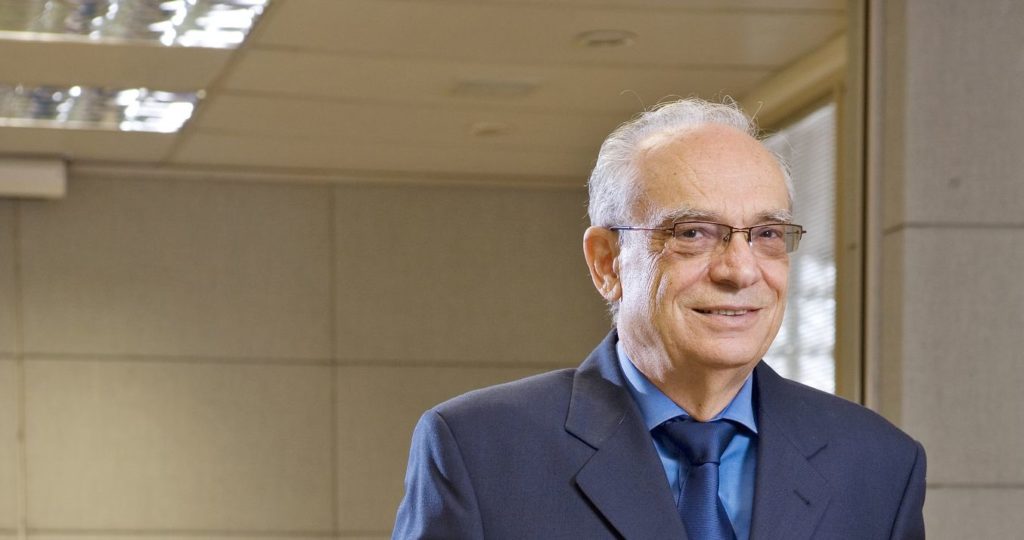São Paulo – Investing in e-commerce, professionalization, digitization and seeking out institutions that could help supporting foreign trade are some of the steps that must be taken by a company that wants to sell its products to Brazil and lost partners during this crisis. So said the vice president and Foreign Trade coordinator of ACSP, the main retail association in Brazil’s state of São Paulo, Roberto Penteado de Camargo Ticoulat.
He explains that the pandemic ended up confirming a trend that had been developing before the crisis: Small-, medium- and large-sized companies increasingly moving to e-commerce. Therefore, ACSP were holding events and travels aimed at expanding the expertise on digital retail even before coronavirus spread.
“The economy is adapting to operate through e-commerce. ACSP was with a large group of small- and medium-sized companies some years ago to visit NRF (a retail trade show and congress held in New York) and the Silicon Valley (a region in the United States that serves as a center for major high technology firms) to get to know e-commerce opportunities with Google, Facebook, and other companies. So, we believe that the crisis ended up fast-tracking this e-commerce process,” he says.
Despite the efforts the institution made in the past, a new reality and new challenges have been imposed both for the exporter and the importer, says ACSP economist Marcel Solimeo (pictured above). “The pandemic has mostly impacted the small-sized companies, but for importers, the rise of the dollar and the increase in prices have further burdened business. From now on, it’s expected that the currency stabilizes as vaccination progresses across Brazil,” he says.
Ticoulat says that the institution has recently hosted online and in-person events with companies that operate in foreign trade. “We have excellent connections with several diplomatic representations and industries that promote meetings with potential buyers. We have the expertise and can play this role (of connecting buyers and sellers),” he says.
However, Ticoulat says, despite the support of institutions such as ACSP and small business industry group Sebrae, the small-sized entrepreneur must do their part. “Regardless of size, we all have to work on professionalizing and preparing to reach potential buyers. This includes reorganizing, setting goals and objectives, planning your actions.”
*Special report from Marcos Carrieri for ANBA.
Translated by Guilherme Miranda




